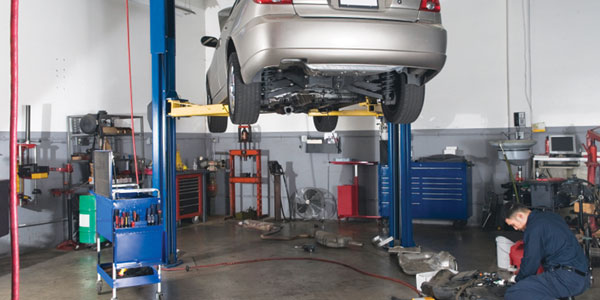 |
(Family Features) |
|
If your upcoming travel plans include a road trip, the last thing you want is unexpected car trouble to leave you stranded at the side of the road. A pre-trip vehicle check is the best way to ensure that your car is ready to get you to your destination. "Taking steps to have auto repairs performed before long distance driving will not only give you peace of mind, but will also help avoid the inconvenience and potential safety hazards of breaking down when you're miles from home," said Rich White, executive director of the Car Care Council. Protect your vehicle and your own safety by following these recommendations from the Car Care Council and complete a thorough pre-trip checklist before hitting the road: • Check the brake system and make sure the battery connection is clean, tight and corrosion-free. • Check filters and fluids, including engine oil, power steering and brake and transmission, as well as windshield washer solvent and coolant. Dirty air filters can waste gas and cause the engine to lose power. • Check hoses and belts that can become cracked, brittle, frayed, loose or show signs of excessive wear. These are critical to the proper functioning of the electrical system, air conditioning, power steering and the cooling system. • Check the tires, including tire pressure and tread. Underinflated tires reduce a vehicle's fuel economy and uneven wear indicates a need for wheel alignment. Tires should also be checked for bulges and bald spots. • Check that the gas cap is not damaged, loose or missing to prevent gas from spilling or evaporating. You can also make sure your vehicle is road-trip-ready by taking better care of your vehicle throughout the year using tools such as the Car Care Council's free personalized schedule and email reminder service, which can help you drive smart, save money and make informed decisions about your car. To access this convenient service, or to order a copy of the council's Car Care Guide, which is available electronically or as a booklet you can store in your glove box, visit www.carcare.org. #12445 Source: Car Care Council |
|












 20 lucky winners will win $500 each in prizes totaling $10,000.
20 lucky winners will win $500 each in prizes totaling $10,000. 